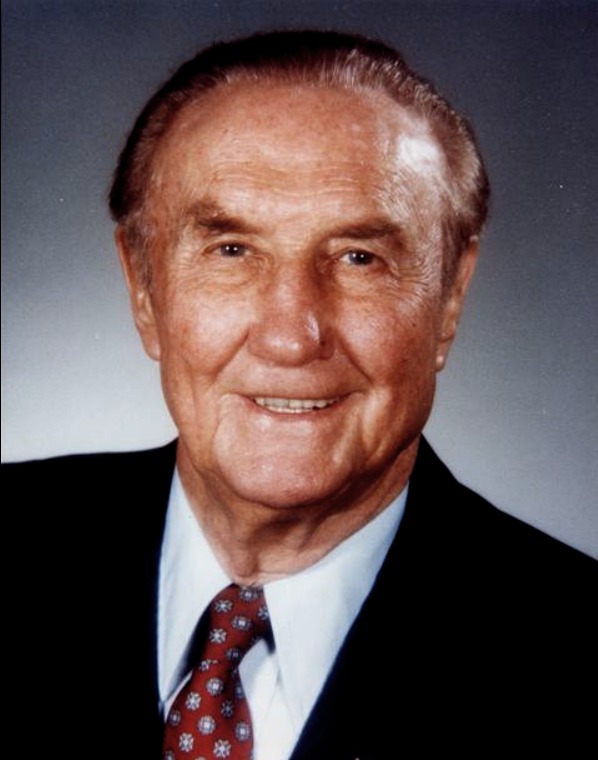Introduction
At its 1948 national convention held July 12–14 in Philadelphia, the Democratic Party selected President Harry S. Truman (1884–1972) as the presidential nominee and included language in the platform supporting federal action to protect civil rights. Several dozen delegates from southern states left the convention in response. On July 17, 1948, representatives from thirteen southern states gathered for a convention in Birmingham, Alabama, and selected Governor J. Strom Thurmond (1902–2003) of South Carolina as the presidential nominee of the newly formed States’ Rights Democratic Party. The “Dixiecrats” aimed to win enough electoral votes to prevent any party from gaining a majority of Electoral College votes, thereby throwing the election into the House of Representatives, where southern representatives hoped to wield sufficient influence to elect a candidate who would bring an end to federal civil rights policies. A month later, on August 14, 1948, representatives of southern states gathered for a second convention, in Oklahoma City, where they approved the States’ Rights Democratic Party Platform.
Thurmond won thirty-nine electoral votes in the 1948 presidential election, capturing the electoral votes of South Carolina, Alabama, Mississippi, and Louisiana. However, this was not enough to deny Truman an Electoral College majority and reelection as president.
—John Dinan
Unanimously Adopted at Oklahoma City, August 14, 1948
1. We believe that the Constitution of the United States is the greatest charter of human liberty ever conceived by the mind of man.
2. We oppose all efforts to invade or destroy the rights guaranteed by it to every citizen of this republic.
3. We stand for social and economic justice, which we believe can be guaranteed to all citizens only by a strict adherence to our Constitution and the avoidance of any invasion or destruction of the constitutional rights of the states and individuals. We oppose the totalitarian, centralized bureaucratic government and the police nation called for by the platforms adopted by the Democratic and Republican Conventions.
4. We stand for the segregation of the races and the racial integrity of each race; the constitutional right to choose one’s associates; to accept private employment without governmental interference, and to earn one’s living in any lawful way. We oppose the elimination of segregation, the repeal of miscegenation statutes,1 the control of private employment by federal bureaucrats called for by the misnamed civil rights program. We favor home-rule, local self-government, and a minimum interference with individual rights.
5. We oppose and condemn the action of the Democratic Convention in sponsoring a civil rights program calling for the elimination of segregation, social equality by federal fiat, regulations of private employment practices, voting, and local law enforcement.
6. We affirm that the effective enforcement of such a program would be utterly destructive of the social, economic, and political life of the Southern people, and of other localities in which there may be differences in race, creed, or national origin in appreciable numbers.
7. We stand for the check and balances provided by the three departments of our government. We oppose the usurpation of legislative functions by the executive and judicial departments. We unreservedly condemn the effort to establish in the United States a police nation that would destroy the last vestige of liberty enjoyed by a citizen.
8. We demand that there be returned to the people to whom of right they belong, those powers needed for the preservation of human rights and the discharge of our responsibility as democrats for human welfare. We oppose a denial of those by political parties, a barter or sale of those rights by a political convention, as well as any invasion or violation of those rights by the federal government. We call upon all Democrats and upon all other loyal Americans who are opposed to totalitarianism at home and abroad to unite with us in ignominiously defeating Harry S. Truman, Thomas E. Dewey,2 and every other candidate for public office who would establish a police nation in the United States of America.
9. We, therefore, urge that this Convention endorse the candidacies of J. Strom Thurmond and Fielding H. Wright3 for the president and vice president, respectively, of the United States of America.

































































































































































































































































